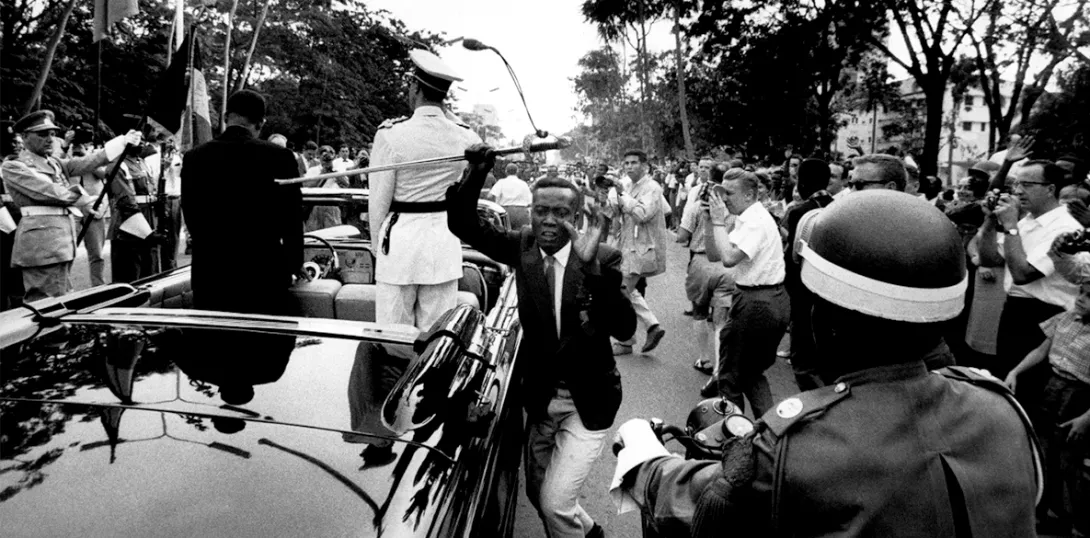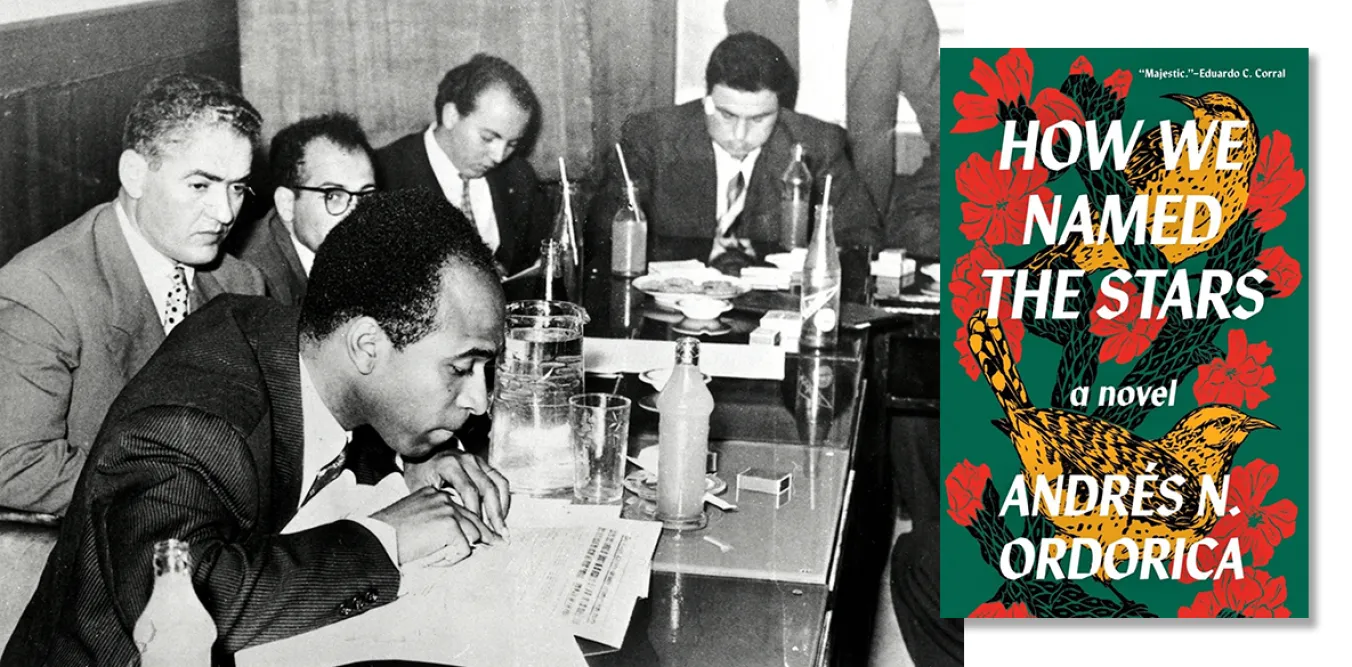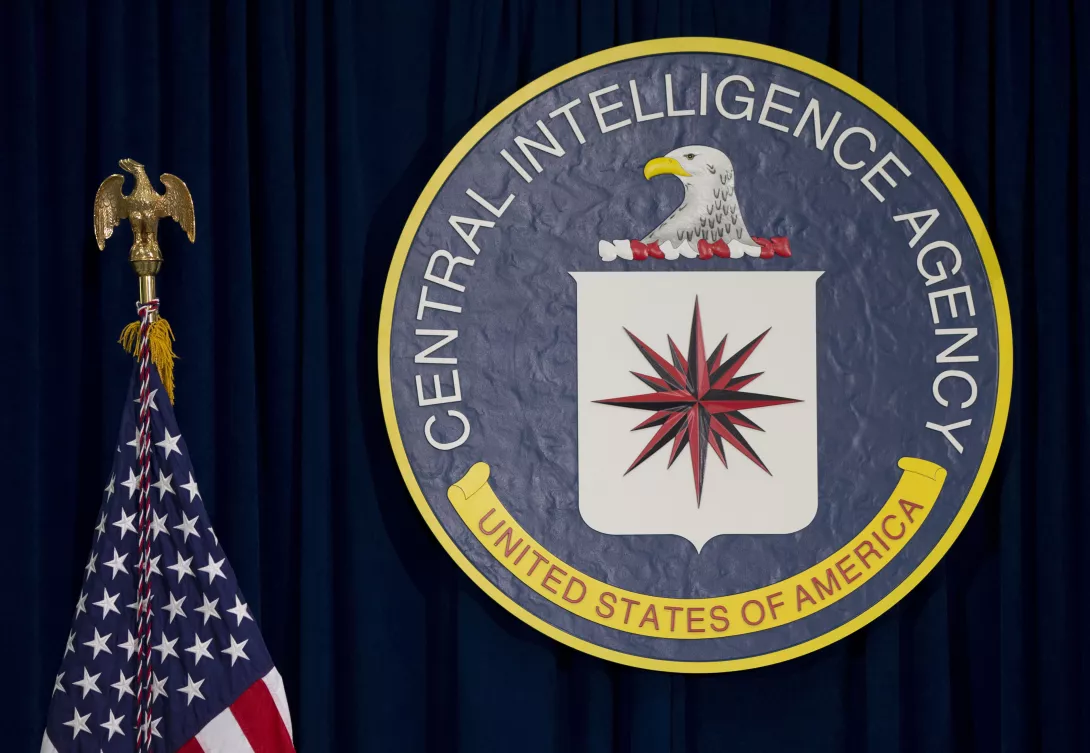
Soundtrack to a Coup d’Etat (12A)
Directed by Johan Grimonprez
THE role of jazz and decolonisation along with the weaponisation of musicians are explored in this unique and explosive Cold War history lesson about the election and assassination of the first prime minister of the Democratic Republic of the Congo – Patrice Lumumba.
Featuring archive news and film footage from the 1950s and 60s as well as interviews with mercenaries, former CIA operatives and an ex-Lumumbist rebel, these are all interwoven with jazz music from the greats including Louis Armstrong, Dizzy Gillespie and Nina Simone to name a few.
Armstrong was one of the “Jazz Ambassadors” to be sent to the Congo as a trojan horse to distract everyone there from the US operation to oust Lumumba from power. When he discovered he had been used he was incensed and threatened to renounce his US citizenship and move to Ghana.
Belgian writer/director Johan Grimonprez delivers a painstakingly detailed and researched documentary which at times veers off its subject as it examines racism and the correlation between American black people and the Congolese. As Malcolm X points out: “You’ll never get Mississippi straightened out until you start realising your connection with the Congo.”
Grimonprez also shines a light on his country’s darkest history and its role in the Congo. Three days before independence the Belgian parliament privatised the Union Miniere Mining Company, the engine of Congo’s economy, in order to benefit from their profits. They supplied uranium to the US.
The film shows that it was the rise of the United States of Africa with the 16 newly independent African nations which joined the United Nations that the US perceived as its greatest threat.
At times it feels like you are watching a James Bond film as Larry Devlin, the former CIA Chief of Station DR Congo, recounts how he met secretly with a man known as “Joe from Paris” who informed him he had to assassinate Lumumba. This was on President Eisenhower’s orders and he had been instructed to supply Devlin with poisons which apparently included toothpaste laced with an exotic poison.
It ends on a powerful note with jazz singer and songwriter Abbey Lincoln and poet and author Maya Angelou crashing the UN Security Council with 60 protestors denouncing Lumumba’s murder on the day he died in February 1961. Lincoln’s screams are piercing and haunting.
A celebration of jazz — it is bold and thought provoking.















